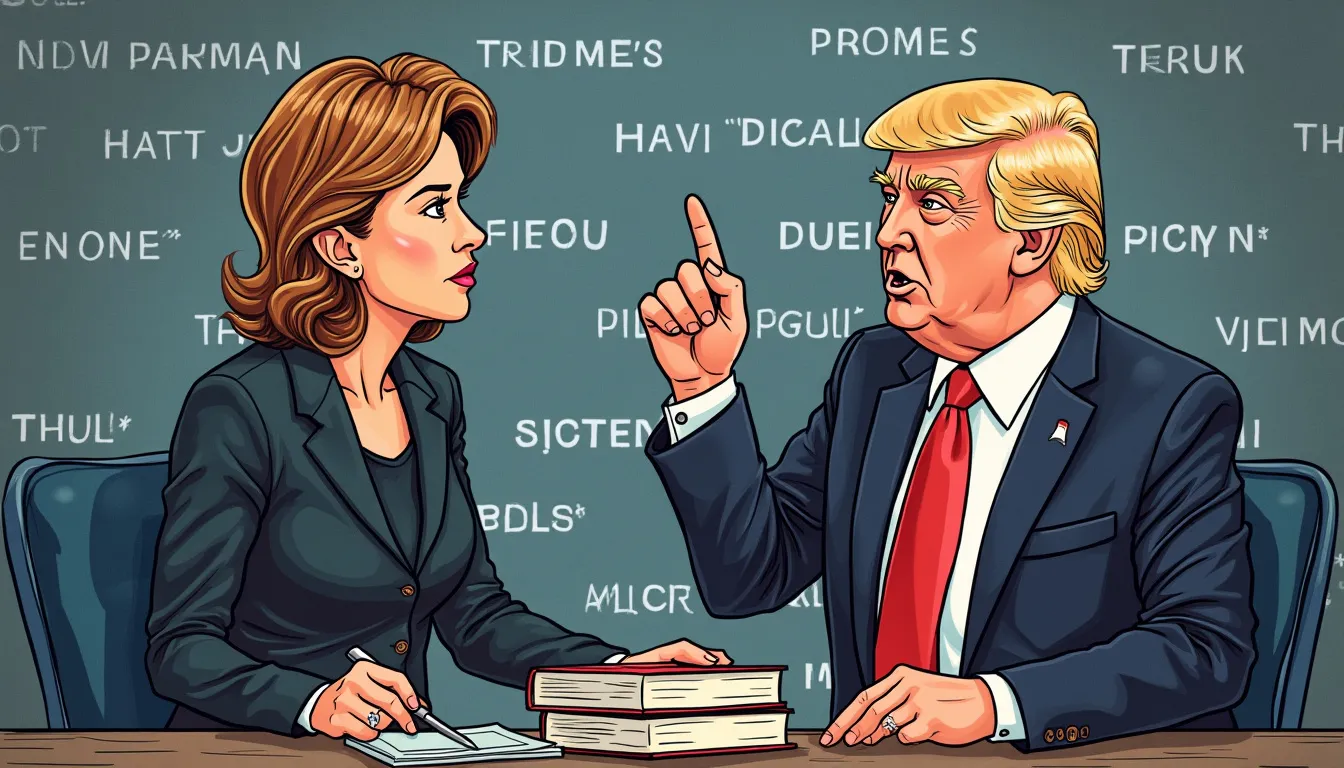
CNN Anchor Attempts to Rationalize ABC News’ Asymmetrical Fact-Checking Focused Solely on Trump
In a recent commentary, CNN anchor Abby D. Phillip has found herself in the crosshairs of criticism after attempting to justify what many are calling asymmetrical fact-checking during presidential debates, particularly targeting former President Donald Trump. This discussion, sparked by a recent presidential debate and its aftermath, raises significant questions about media bias, the role of fact-checking, and public trust in journalism.
CNN Anchor’s Justification
Phillip’s defense of the moderators’ approach to fact-checking hinged on Trump’s extensive history of making false statements. She argued that the moderators were compelled to interject more frequently when Trump spoke, given the volume of inaccuracies attributed to him. This rationale, however, has ignited a fiery debate regarding fairness and balance in reporting.
Uneven Fact-Checking
The article published by Free Republic strongly critiques this uneven application of fact-checking, suggesting that it skews public perception. Critics allege that Trump was subjected to a far more rigorous scrutinity than his competitors, which some argue symbolizes a broader trend of media bias against conservative figures. Such disparities cast doubt on the impartiality that news organizations typically pledge to uphold.
Media Bias
This ongoing discourse is deeply rooted in concerns over media bias, particularly within environments historically critical of conservative politics. Platforms like Free Republic serve as a forum for individuals who feel that the media’s portrayal of Trump and other conservative personalities is not only unfair but deliberately skewed. Commenters on the site echo frustrations regarding this perceived targeting, reflecting a sentiment that echoes throughout various conservative circles.
Presidential Debate Context
The scrutiny of fact-checking practices comes in the wake of a recent presidential debate, where the moderators’ roles are under the microscope. Observers have pointed out that the dynamics of the debate, paired with media analysis, create a framework that can significantly influence public perception. A debate that should showcase candidates’ platforms instead transforms into a battleground for media outlets to assert their editorial perspectives.
Public Perception and Criticism
The article captures a broader criticism of the media’s engagement with political events, suggesting that such biases not only misinform the public but also erode the foundational trust that is essential for a healthy democratic process. A notable number of viewers express discontent over the perceived lack of impartiality, underlining the critical need for media entities to reevaluate their approaches to coverage and fact-checking.
As the public grapples with the implications of media narratives shaped by debates and fact-checking, the call for fairness and balanced journalism grows louder. The conversation initiated by Phillip and echoed by others highlights the imperative for reporters and media organizations to remain vigilant in their commitment to unbiased reporting, especially in an era marked by heightened political polarization.
